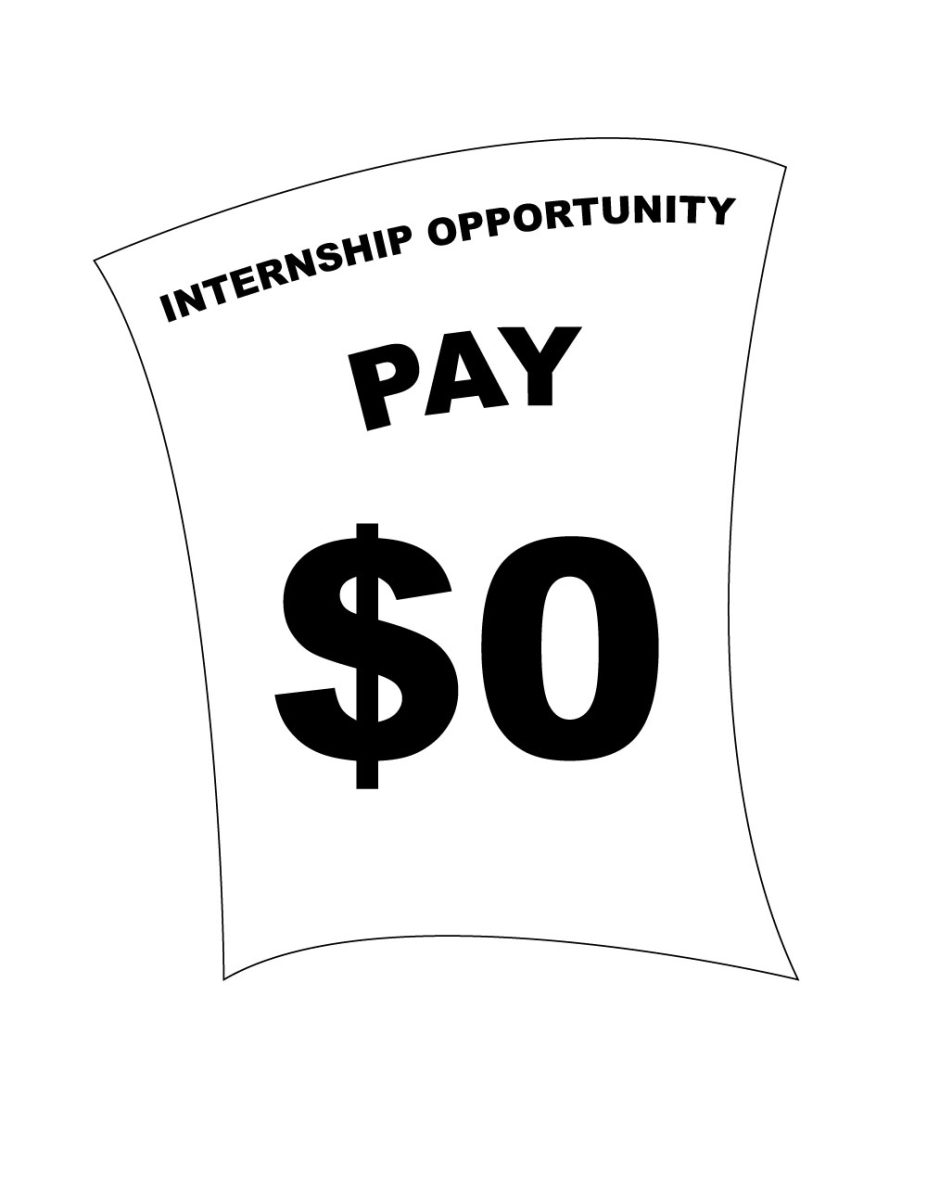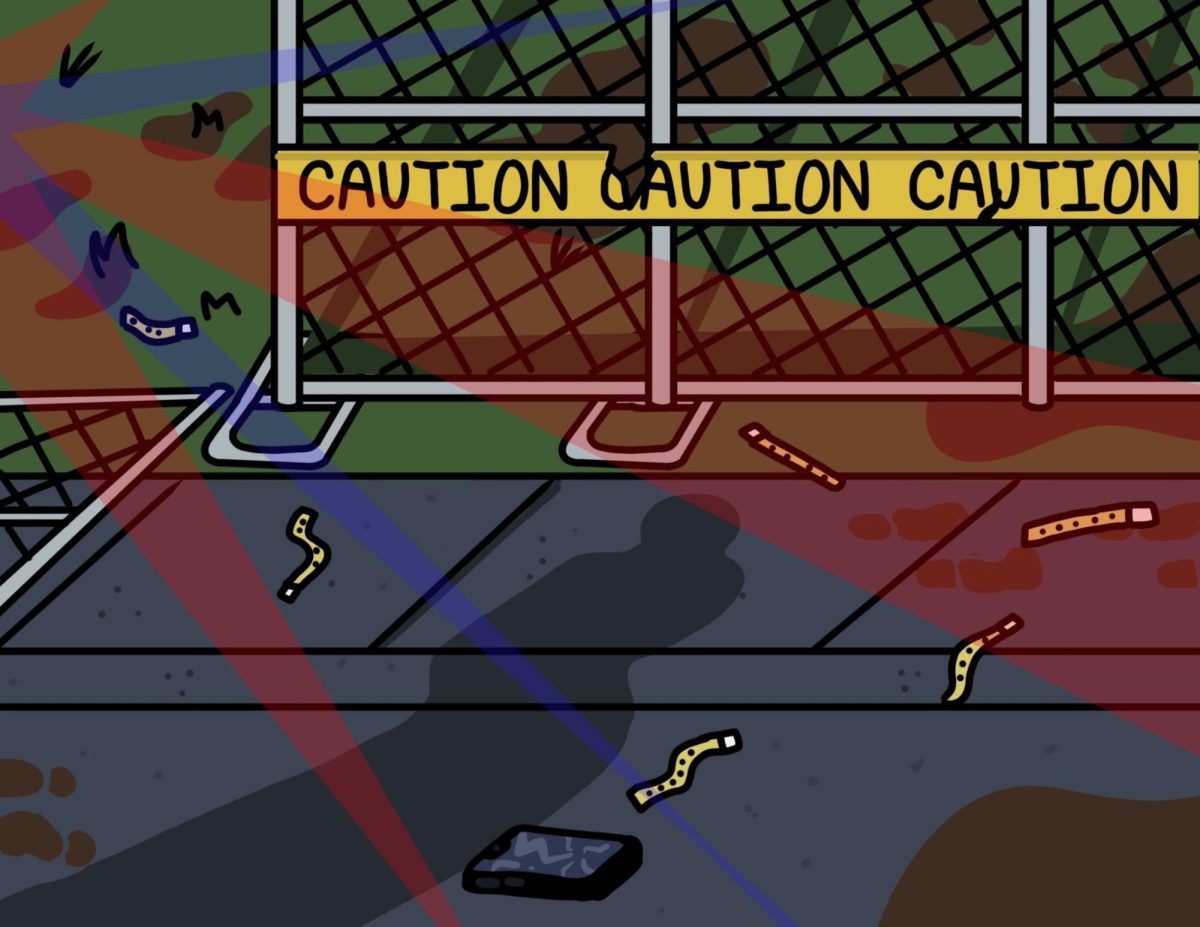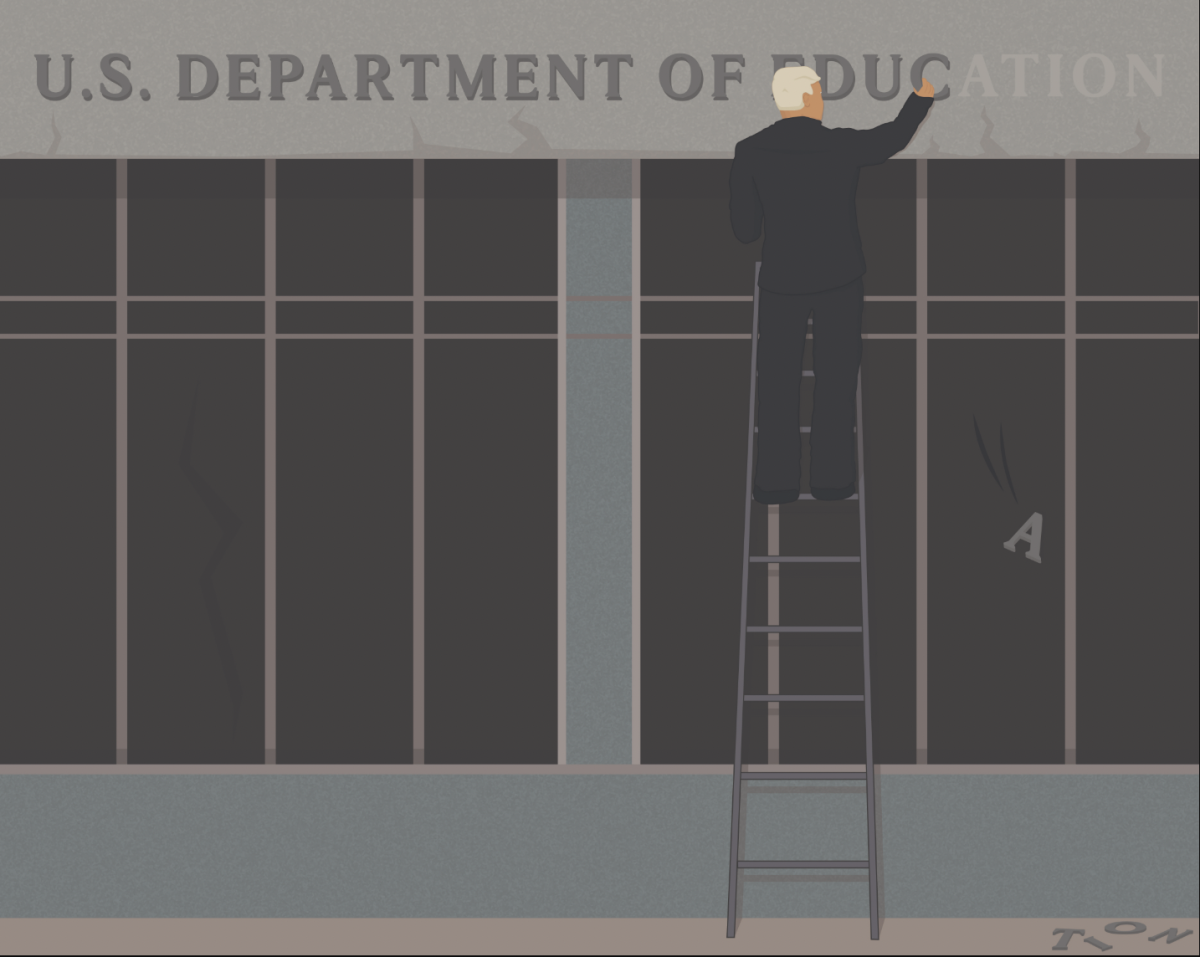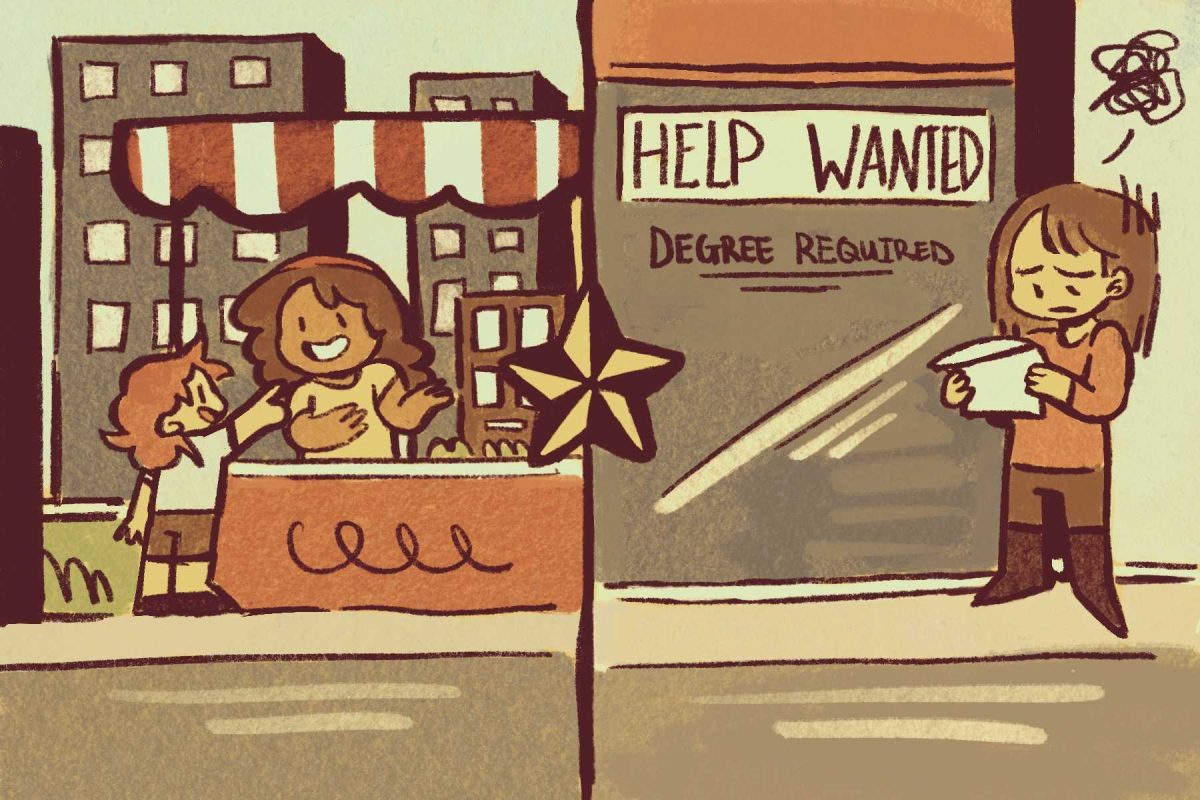With potential employers flocking to campus for the career fair, students should remind themselves what they can gain from the resource and more importantly, what is in their best interests.
The career fair is a wonderful opportunity for go-getting younger students to be privy to summer internships and the people handing them out, as well as seniors on the cusp of graduation looking for gainful employment after jumping in the river this December or May.
But the career fair is not always a generous benefactor and the chance to hand a resume or portfolio in to the person behind the booth does not always guarantee success. This is not meant to discourage students but rather hold businesses responsible for their intentions of coming in the first place.
All university students are enrolled in institutions of higher learning to find career opportunities. The idea that young people have to grovel for even the chance to make this dream come true is a little problematic. After all, the business representatives dangling jobs and internships in front of students should take care to remember the success of their enterprises relies entirely on the labor of skilled workers.
Where internships are concerned, students should be wary of unpaid internships entirely. Employers offering these gigs will claim the work experience interns gain is comparable to a regular wage. But work experience does not pay the bills or buy groceries. Getting paid is also a regular occurrence in the workplace and if employers are trying to construct a realistic environment, no working professional does their job for free.
Students are already paying a gross amount of money to attend school and gain skills. Asking young people to give up their summers for no money in return is just pathetic. Unpaid internships also lower wages for all employees by providing free labor in a context unavailable to full-time employees and people who did not attend college.
Even just the ability to take an unpaid internship is a privilege. Traditionally, the practice is easier for wealthier students who already have financial support, while lower income students unable to take advantage of any time spent without pay will miss out. Fewer opportunities means less experience and less experience means fewer career prospects, thus keeping young people in a cycle of inequality.
Employers set up booths at the career fair to see and be seen. The ones worth students’ time will make themselves known by providing information of substance and being upfront about what they can do for Bobcats. The flashy gimmicks fall by the wayside with just a few persistent questions, so career fair attendees should have a few in their arsenal before showing up to greet the new boss.
Bobcats have valuable knowledge, skills and a work ethic that can’t be matched. Employers know this, or else they would not waste their time with career fairs. Students should not forget this and instead should use it to their advantage to bargain for the best situation for their future career. You are too young to sell yourself short.
Categories:
Students should not sell themselves short at internship, career fairs
September 18, 2018
With potential employers flocking to campus for the career fair, students should remind themselves what they can gain from the resource and more importantly, what is in their best interests.
Photo By Cameron Hubbard
0
Donate to The University Star
Your donation will support the student journalists of Texas State University. Your contribution will allow us to purchase equipment and cover our annual website hosting costs.
More to Discover















